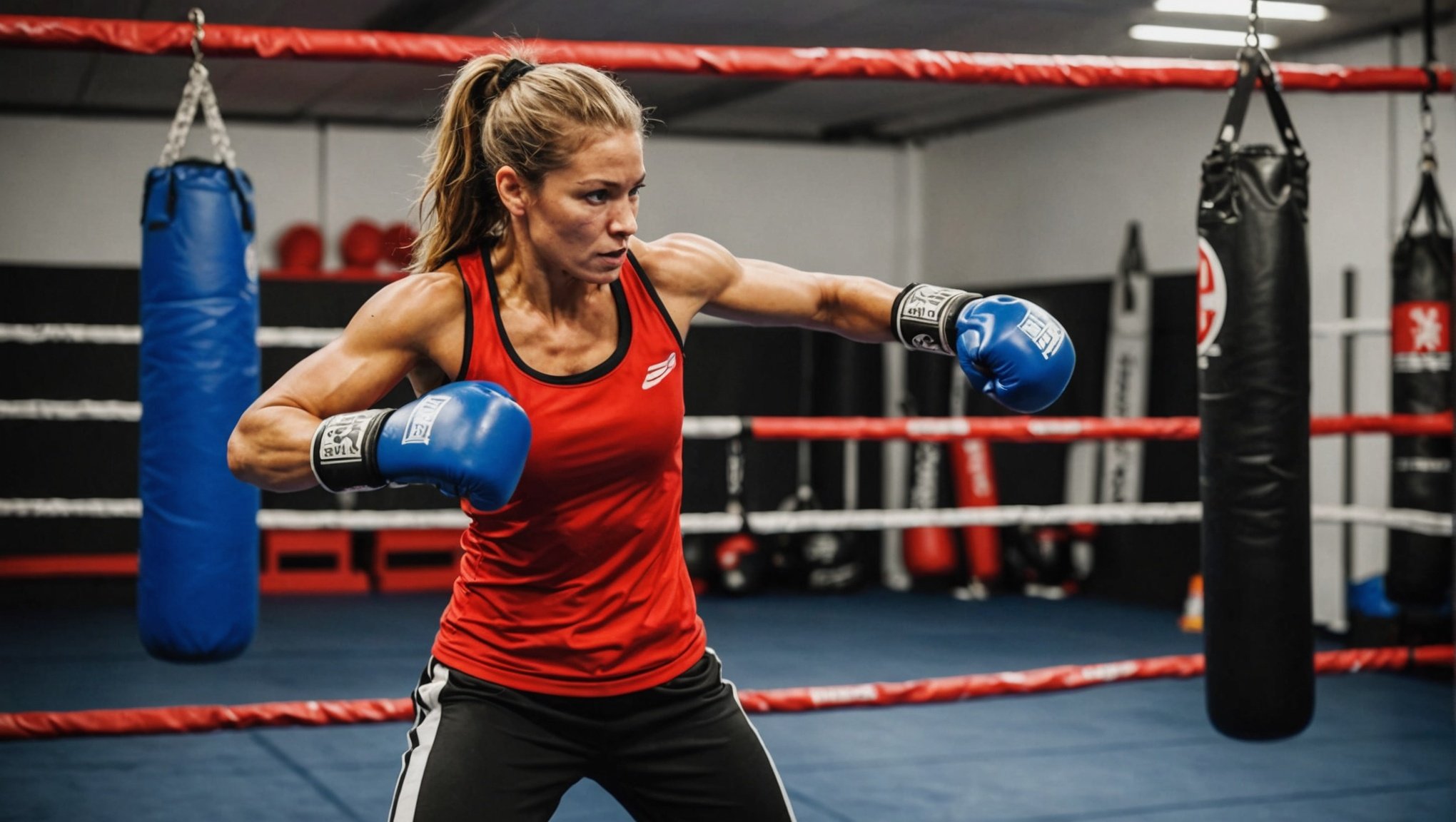Understanding Menstrual Cycle Phases and Their Impact on Performance
Navigating the menstrual cycle phases can significantly influence the performance of female athletes. The cycle comprises four main stages: follicular, ovulatory, luteal, and menstrual.
During the follicular phase, which occurs post-menstruation, oestrogen levels rise. This can mean increased physical performance thanks to improved endurance and heightened energy levels. Female athletes may find this phase optimal for intense training sessions.
This might interest you : Ensuring Fairness: Strategies for UK Combat Sports Referees in Accurate Assessments
Entering the ovulatory phase, oestrogen peaks, potentially enhancing performance due to elevated energy levels and motivation. However, some might experience discomfort or heightened emotions, impacting psychological resilience.
The next stage, the luteal phase, presents increased progesterone levels and potential fatigue. Some athletes might note diminished performance impact, with reduced endurance and strength. Awareness of these shifts can guide modifications in training intensity and recovery strategies.
Also to see : Enhancing Breakfall Techniques: Essential Strategies for UK Judo Coaches to Elevate Athlete Performance
Finally, the menstrual phase brings reduced hormone levels. This can lead to lower energy levels and motivation, alongside mood variations. Addressing these psychological aspects can aid in maintaining consistent training efforts.
By understanding these menstrual cycle phases, athletes can tailor their training regimes to harness peak energy levels effectively, cope with emotional fluctuations, and accommodate for phases of reduced capacity, fostering a holistic approach to athletic development.
Tailoring Training Strategies for Each Menstrual Phase
Customizing training for each menstrual phase can optimise a kickboxing regimen, allowing for more effective workouts and recovery periods. Understanding the physiological changes in each phase is crucial to making these adjustments.
Fitness adjustments during the follicular phase
In the follicular phase, the focus should be on strength-building exercises. This period is ideal for increasing training intensity and volume due to rising estrogen levels, which enhance muscle recovery and growth. Typical workouts might include weight lifting and resistance training with increased sets and repetitions, supporting optimal performance and progression.
Modifications for the ovulatory phase
During the ovulatory phase, it’s beneficial to emphasize high-intensity workouts and sparring. The body’s energy levels and strength peaks, making it a prime time for rigorous kickboxing sessions. Skill development can also be enhanced during this phase due to increased coordination and endurance.
Adapting workouts during the luteal phase
As fatigue can set in during the luteal phase, adjust to lighter training sessions. Reduced workout intensity aids in accommodating tiredness. Focus on recovery through stretching and flexibility exercises, which can help maintain overall fitness and prevent burnout.
Training considerations during the menstrual phase
During menstruation, prioritise rest and low-impact activities. Engage in activities like yoga or walking to manage discomfort without sacrificing motivation. Incorporating mindfulness and breathing techniques can also provide relief and promote well-being during this phase.
Nutrition Strategies for Optimal Performance
Understanding nutrition for female athletes is essential, as it greatly impacts overall performance and recovery. Each menstrual phase presents unique nutritional needs, requiring a tailored approach. For instance, during the follicular phase, when energy levels are high, incorporating complex carbohydrates can enhance endurance. In the luteal phase, the focus should shift to reducing inflammation and supporting muscle function with omega-3 fatty acids and magnesium.
Pre-Training Nutrition
Proper pre-training nutrition begins with a well-balanced meal at least two hours before an activity. This should include a mix of carbohydrates for energy, lean protein to support muscles, and healthy fats for sustained fuel. Options like oatmeal with almond butter or a turkey sandwich on whole-grain bread can ensure the necessary nutrients are available during training.
Recovery Foods
After training, recovery foods are vital in replenishing energy stores and facilitating muscle repair. Consuming a combination of carbohydrates and protein within 30 to 60 minutes post-exercise can significantly enhance recovery. Smoothies with protein powder and fruit or chicken with quinoa are excellent choices to support the body’s repair processes.
The role of hydration in performance cannot be overstated. Consistent intake of water and electrolytes helps maintain energy levels and prevents cramps, ensuring optimal function before, during, and after exercise.
Mental Well-being and Motivation
Navigating the rigorous demands of kickboxing requires a robust approach to mental health in sports. For many female kickboxers, stress management is critical, echoing the sentiment of female empowerment in this challenging field. Consistent use of motivation strategies can transform anxiety into performance-enhancing focus.
Techniques for Managing Anxiety: Developing a personalized routine before training sessions can significantly alleviate stress. This might include mindfulness exercises such as deep breathing or visualization, helping athletes maintain composure in both practice and competition.
Mental Resilience: Kickboxing is not just a test of physical strength but also mental fortitude. Building mental resilience is vital, allowing athletes to bounce back from setbacks with tenacity. This resilience plays a central role in sustaining endurance, sharpening focus, and enhancing overall performance.
In infusing female empowerment within the sport, many women share anecdotal experiences of overcoming numerous hurdles. These insights emphasize the importance of community support and shared learning. Listening to stories of persistence not only motivates peers but also strengthens the communal ties among athletes.
To sum up, integrating these elements fosters an environment where athletes can thrive, armed with strategies that transform challenges into motivation.
Anecdotal Experiences from Female Kickboxers
Every female kickboxer’s journey is unique, often filled with tales of resilience and triumph. Many female kickboxer stories resonate with personal experiences of overcoming physical and mental barriers. These journeys are not just about honing skills in the ring; they include embracing the core values of the sport.
Inspirational Success Stories of UK Female Kickboxers
Inspirational narratives from UK female kickboxer stories demonstrate remarkable transformations. From beginners to champions, these women have adapted their training to suit both personal and biological needs. A recurring theme in their training insights is the strategic adaptation based on individual circumstances. Notably, successful kickboxers have shared lessons in perseverance, effective recovery techniques, and mental fortitude, advocating best practices that empower others in their training quests.
Community Support and Shared Experiences
The kickboxing community thrives on support and camaraderie. Mentorship among female athletes is pivotal, offering a network for exchanging personal experiences and training insights. Networking becomes especially crucial when addressing sensitive topics, such as the impact of menstrual cycles on training. Inclusive spaces foster discussions, allowing for shared personal experiences that bolster collective understanding and support. This environment promotes both personal growth and community strength, underscoring the importance of support systems in athletic journeys.











